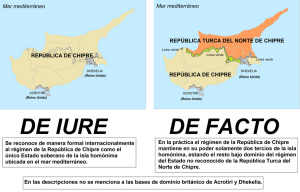 I enjoy playing the New York Times‘ Wordle and Connections games daily. Recently the latter game used contronyms for one grouping of four words. I got it, eventually, then looked up the definition.
I enjoy playing the New York Times‘ Wordle and Connections games daily. Recently the latter game used contronyms for one grouping of four words. I got it, eventually, then looked up the definition.
We have a simple definition this week: a word that can have two completely opposite meanings. The examples given by a quick search were cleave (to sever or to join), garnish (to add or penalize, as in “your wages are being garnished for non-payment of that fine”), oversight (to ignore or to monitor), and sanction (to prohibit or to permit). The final one has a cousin, unsanctioned, meaning unauthorized. That clears matters up considerably, but many other contronyms offer no alternatives.
English-language learners need to use context to figure out the right term. So do too many native-speakers in their first few years in college, as today’s students have rotten vocabularies from a lack of attentive and frequent reading (a future metaphor of the month will be “Brain Rot”).
I found a list that offers 75 common contronyms. Some of them seem simpler than others, but a few very confusing words appear there. Have a peek.
Some usage advice: if the context remains hazy, employ a different word. In the case of “we don’t know if this development will hold up our plan” (delay or support), I’d change it to one of those words. Incidentally, “hold up” can also mean armed robbery! Speaking of legal matters, in business and criminal-justice writing in particular, a secondary audience can be found in the courtroom. Use the right word or ask your attorney. In short: find one who does fine work to avoid paying a fine.
Send words and metaphors my way by e-mailing me (jessid -at- richmond -dot- edu) or leaving a comment below.
See all of our Metaphors of the Month here and Words of the Week here.
Creative-Commons image courtesy of Pixabay.









